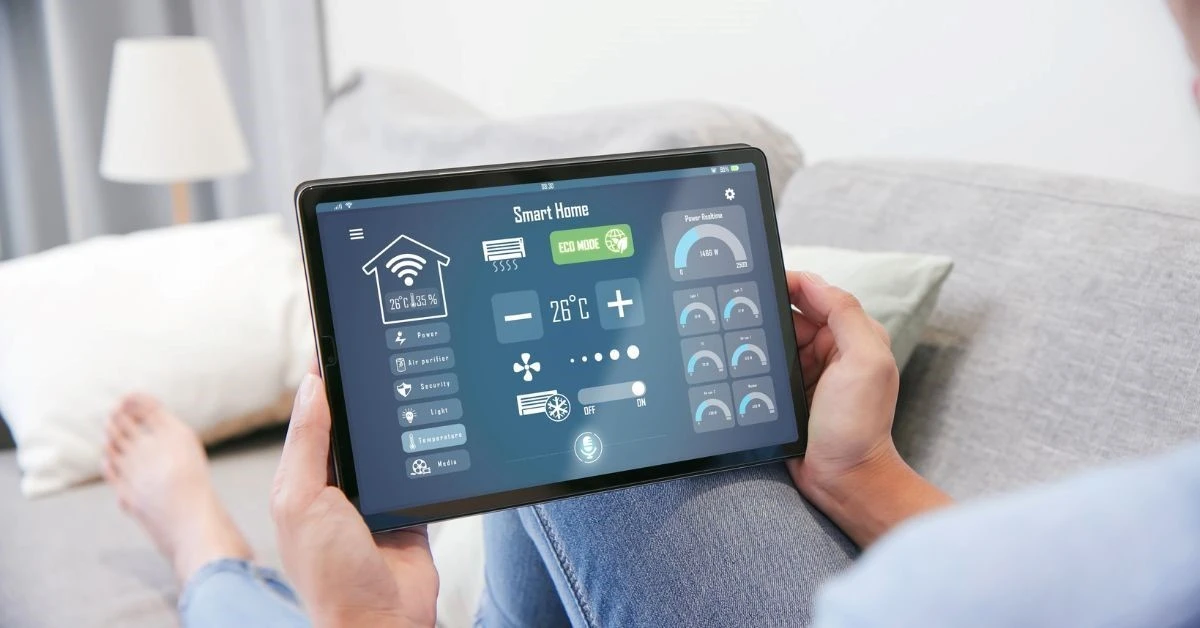In today’s rapidly evolving world, the question ‘is home automation worth it’ resonates with many homeowners. As technology advances, more people are considering the shift from traditional homes to smart homes. But is this transition truly beneficial? Let’s explore the many facets of home automation to determine its value.

Understanding Home Automation
Home automation refers to the use of technology to control and manage various household systems. From lighting and climate control to security and entertainment, smart home devices offer unprecedented convenience. But beyond the allure of technology, what are the tangible benefits?
The Rise of Smart Homes
Smart homes are becoming increasingly popular. According to recent studies, the number of smart homes is expected to grow exponentially in the coming years. This trend is driven by the desire for improved energy efficiency, enhanced security, and greater comfort.
Benefits of Home Automation
Energy Efficiency and Cost Savings
One of the primary advantages of home automation is energy efficiency. Automated systems can optimize energy usage, leading to significant cost savings. For instance, smart thermostats can learn your schedule and adjust temperatures accordingly, reducing energy waste.
For more insights on making your home more energy-efficient, you can visit how to make smart home energy efficient.
Enhanced Security
Security is a top priority for homeowners. Automated security systems offer features such as remote monitoring, motion detection, and real-time alerts, providing peace of mind whether you’re at home or away.
Convenience and Comfort
Automation brings unparalleled convenience to daily life. Imagine controlling your lights, thermostat, and entertainment system with just a voice command or a tap on your smartphone. This ease of use is a significant draw for many homeowners.
For those interested in integrating voice control into their homes, check out voice control in home automation.
Potential Drawbacks of Home Automation
Initial Costs and Installation
While the benefits are clear, it’s essential to consider the initial costs and installation process. Setting up a smart home requires a financial investment, which can be a barrier for some individuals.
Privacy Concerns
With increased connectivity comes potential privacy risks. It’s crucial to ensure that your smart devices are secure and that your data is protected from potential breaches.
Technology Dependence
Reliance on technology can be a double-edged sword. While it offers many conveniences, it also means that when technology fails, daily life can be disrupted.
Real-Life Applications
Smart Lighting
Smart lighting systems allow you to control the ambiance of your home effortlessly. With the ability to adjust lighting remotely, you can enhance security and energy efficiency.
Climate Control
Automated climate control systems, such as smart thermostats, provide personalized comfort while optimizing energy use. These systems adapt to your preferences and schedule, ensuring comfort without waste.
Home Entertainment
For entertainment enthusiasts, smart home technology offers seamless integration of audio and video systems, creating an immersive experience at the touch of a button.
Is Home Automation Right for You?
Determining whether home automation is worth it depends on your lifestyle and priorities. For tech-savvy individuals who value convenience and security, the benefits often outweigh the drawbacks.
If you’re still on the fence, consider reading about smart home vs traditional home to better understand the differences.
Conclusion
In conclusion, the question ‘is home automation worth it’ ultimately depends on individual needs and preferences. While there are costs and considerations, the benefits of energy efficiency, security, and convenience make it a compelling choice for many.
For a comprehensive overview of home automation benefits, you can explore this external article on the advantages of home automation.

FAQ
1. How much does it cost to automate a home?
The cost of automating a home varies depending on the features and systems you choose. Basic setups may start at a few hundred dollars, while comprehensive systems can cost several thousand.
2. Can home automation increase property value?
Yes, integrating smart technology can enhance a property’s appeal and potentially increase its market value, especially as more buyers seek modern amenities.
3. Are smart homes secure?
While smart homes offer enhanced security features, it’s essential to implement measures such as strong passwords and regular software updates to protect your data and devices.






